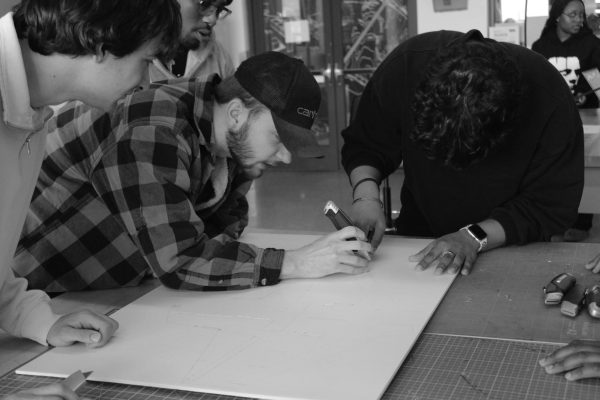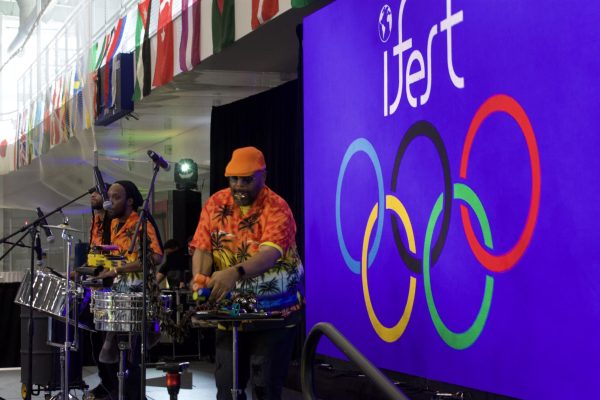The University Gets Proactive

The University of New Haven is going to be taking a proactive approach that will aim to combat underage drinking and alcohol abuse among students thanks to a grant provided to the school from the Connecticut Healthy Campus Initiative. This three-year grant will provide the school with the funds to hire student mentors who will be trained to help teach students about the realities of drinking and the consequences of dangerous alcohol consumption.
Ric Baker, Dean of Student Affairs, believes that this new program will act as a “harm reduction approach.”
“This is more of a real life, harm reduction course that we are offering students,” said Baker. “We’ve learned that ‘Just say no’ doesn’t work. So if people are going to be choosing to drink we are going to give them strategies on how not to get intoxicated.”
Programs like Baker’s peer mentoring program already exist at the university including the university’s “Think About It” course, the alcohol education program “BASICS,” and a group titled “Drinking Decisions 101”. However, these programs are either reactive or do not provide students with an individualized, educational experience that is provided by a peer mentor.
Students who wish to become peer mentors will provide relevant education that their fellow students will be able to apply to scenarios where they will be potentially drinking. Content will include talking about the biphasic curve, a point after two drinks where drinkers will experience a kind of bliss that they will not be able to reach again as they continue to drink. In addition, peer mentors will also talk about how students overestimate how much their peers are drinking.
“We are doing this in a peer format,” said Baker. “It’s going to be undergraduate and graduate students who are delivering this message to students, not an old administrator like me.”
The peer mentors will be trained through an online course and will not only lead voluntary classes, but also work with residential advisors and Greek organizations. They will also be responsible for leading workshops to increase alcohol education in specific campus communities.
The deadline for applying to be a peer mentor ended on Sept. 15 and interviews will begin the next week. However, Baker is hoping to reopen the application process in January.
“We’re always looking to get students involved in helping to keep the campus safe,” said Baker. “We know students are going to drink, we’re not blind to that. But we want to make sure that if they are choosing to drink that they do so in a safe manner.”

Everett Bishop is a senior at the University of New Haven and is student life editor for The Charger Bulletin. He is double majoring in communications...






